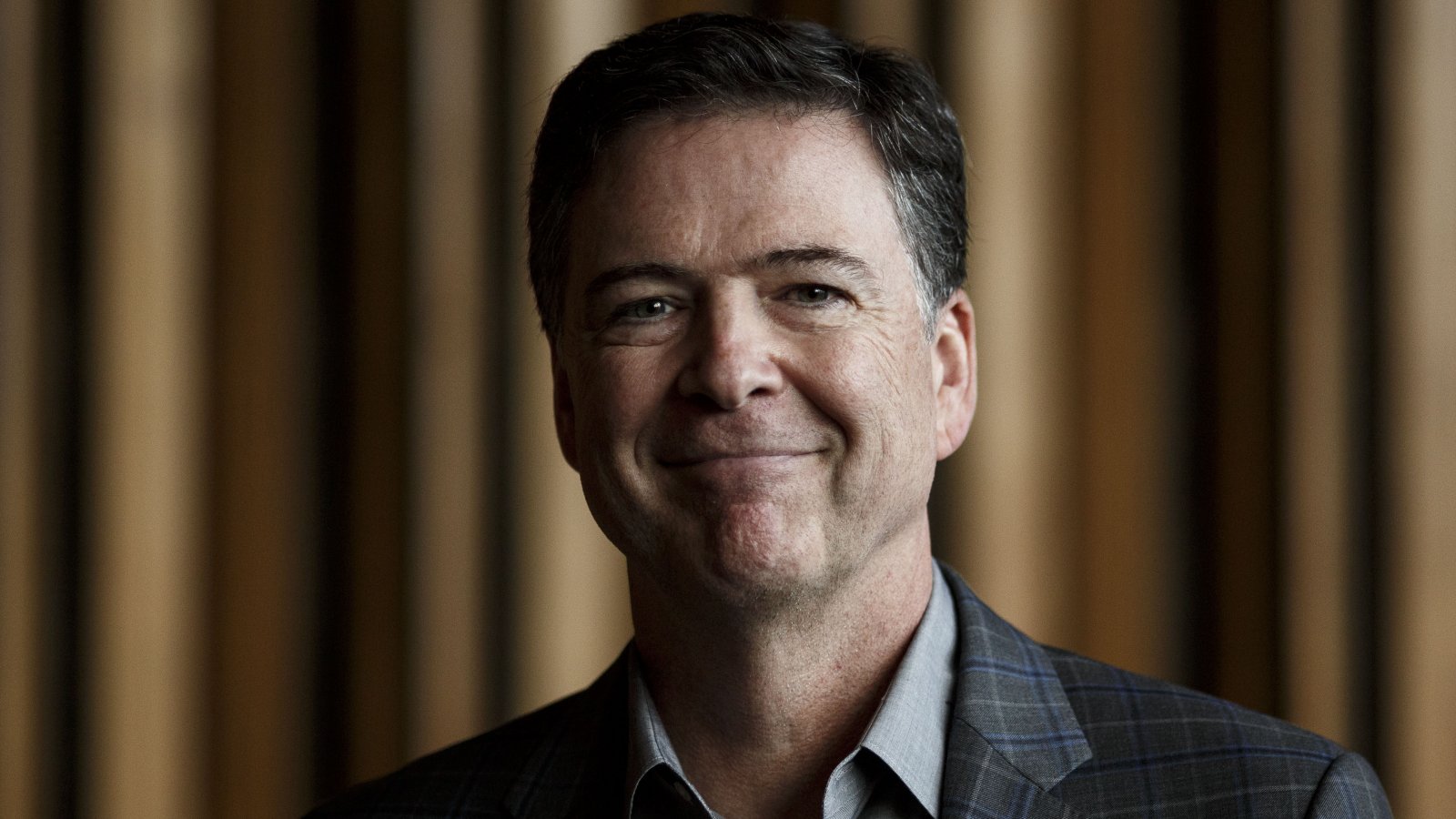
Former FBI Director James Comey spoke out forcefully on behalf of his former colleagues Monday, calling out lawmakers unwilling to stand up to Trump and defend the Bureau from the president's relentless lies and attacks.
A transcript of Comey's closed-door testimony released Tuesday shows he defended the FBI in private too, telling Republican committee members the agents who interviewed Michael Flynn in January 2017 did so by the book.
CNN:
In the interview, Oversight Chairman Trey Gowdy, a South Carolina Republican, pressed Comey on the purpose of the interview.
"It is not the FBI's job, unless I'm mistaken, to correct false statements that political figures say to one another. So why did you send two bureau agents to interview Michael Flynn?" Gowdy asked.
"Because one of the FBI's jobs is to understand the efforts of foreign adversaries to influence, coerce, corrupt the government of the United States," Comey responded. "So they were sent there as part of that counterintelligence mission to try and understand why it appeared to be the case that the national security adviser was making false statements about his conversations with the Russians to the vice president of the United States."
Gowdy also pushed Comey on comments he had made in a New York forum earlier this month, in which he told a moderator his decision to send two FBI agents to the White House without notifying the White House counsel's office was something he "probably wouldn't have done or maybe gotten away with in a more organized administration."
"I'm just kind of hung up on the phrase 'gotten away with,' " Gowdy told Comey on Monday in the private Capitol Hill interview, according to the transcript.
"In an administration where the rhythm of the context between the FBI and the White House was more established, there would've been a strong expectation that we coordinate it through White House counsel instead of calling the national security adviser directly. That's what I meant by it," Comey replied.
(...)
... Comey defended the way the interview was handled.
"First, the deputy director called him, told him what the subject matter was, told him he was welcome to have a representative from White House counsel there. So he knew what he was going to be asked about. He was an extraordinarily experienced person and so reasonably should be assumed to understand you can't lie to the FBI," Comey said. "Second, it's not protocol. The FBI does not do that in noncustodial interviews. And, third, you want to find out what the witness will say to you before you heat up an interview by raising the prospect that the witness might be lying to you."
Republicans pressed Comey on a series of matters, including allegations of bias against President Trump, questions about anti-Trump texts sent between two then-FBI agents during the 2016 presidential campaign and the so-called Steele dossier of opposition research on Trump.
House Democrats have swatted down Republican criticism of Comey, describing the interview as a waste of time and an attempt to discredit special counsel Robert Mueller’s Russia investigation.
House Republicans had questions for Comey about the memos he composed after his meetings with the president and ultimately gave to a friend who shared them with the press.
CNN:
He was asked by Republicans whether the memos were "government records" because some of them contained classified information and some were written using FBI equipment.
"I was trying to write down what happened, so I could remember it, both because I'm an FBI director and a human being," Comey said. "It was in my official capacity and also in my personal capacity."
Comey also said he had written the memos "for the benefit of the FBI and for my personal protection."
The memos painted Trump as willing to cross lines with the FBI director and potentially obstruct justice. Most notably, Comey wrote about one White House encounter where Trump asked him to drop the investigation into Flynn.
Comey also elaborated on how he had responded in his conversations with Trump.
As Trump tried to get law enforcement officials to publicly state that he was not under investigation, Dana Boente, then the acting deputy attorney general and now the FBI general counsel, expressed frustration, Comey said.
Trump had called Comey in April 2017 to ask him again to tell the American people that he wasn't under investigation, and Comey told the President that he had already relayed his request to the Justice Department. At that point, Comey's chief of staff spoke to Boente "to tell him that we'd gotten another call," Comey told lawmakers Monday.
"Oh, God, I was hoping that would go away," Boente responded "in substance," according to Comey.
James Comey defends FBI's interview of Michael Flynn, transcript shows (CNN)
READ: Transcript of Comey's interview with House Republicans (The Hill)